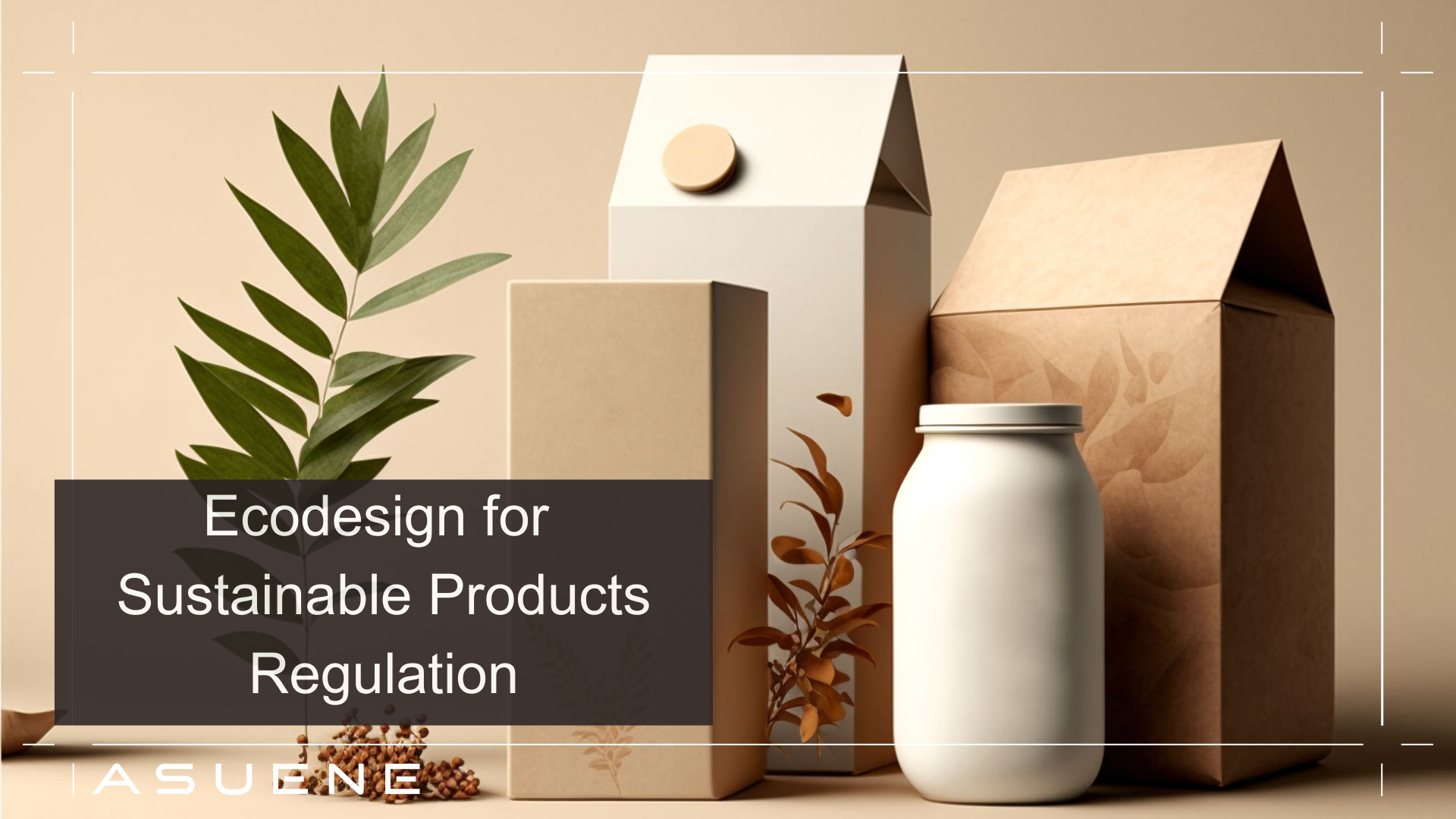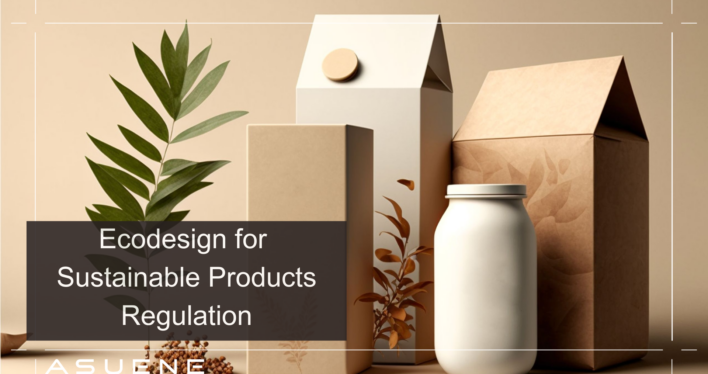- Article Summary
-

The European Union (EU) continues to lead the global transition toward sustainability, and the proposed Ecodesign for Sustainable Products Regulation (ESPR) is a testament to its commitment. Designed as a cornerstone of the EU’s Circular Economy Action Plan, the ESPR is set to redefine how products are designed, used, and disposed of, ensuring sustainability throughout their lifecycle. For professionals and stakeholders in Environmental, Social, and Governance (ESG) domains, the ESPR represents both a challenge and an opportunity to align practices with ambitious environmental objectives.
What is the ESPR?
The ESPR is an evolution of the existing Ecodesign Directive (2009/125/EC), which focused on energy-related products. The new regulation extends this scope to encompass a wide range of physical goods sold in the EU, with the aim of making them more sustainable, circular, and resource-efficient.
Objectives of the ESPR
The ESPR is designed to promote sustainable product design, reduce waste, and improve transparency, contributing to the EU’s climate neutrality targets by 2050. It encourages durable, repairable, and recyclable products while addressing planned obsolescence.
Key Features of the ESPR
The ESPR introduces several features aimed at embedding sustainability into product lifecycles:
- Broadened Scope: The regulation applies to a wide range of goods, including textiles, furniture, electronics, packaging, and building materials, excluding only food, feed, medicinal products, and living organisms.
- Sustainability Criteria: Products must meet strict criteria for durability, repairability, recyclability, resource efficiency, and reduced environmental footprint, ensuring they align with the principles of sustainability.
- Digital Product Passports: These passports provide detailed information about a product’s composition, environmental performance, and instructions for repair, recycling, and disposal, promoting informed decision-making for consumers and businesses.
- Circular Design: The regulation emphasizes designing products for disassembly and recycling, aiming to keep resources in use for as long as possible while encouraging the reuse of materials.
- Enforcement: EU Member States will oversee market surveillance to ensure compliance. Non-compliant products will be restricted from entering the EU market.
Implications for Businesses
The ESPR requires businesses to integrate sustainability into their processes, from design to end-of-life management. Companies will need to:
- Redesign products to meet sustainability criteria.
- Adapt supply chains to comply with the regulation.
- Invest in innovation to align with the new standards.
- Provide transparency through digital product passports.
While these changes may involve initial costs, they also offer long-term benefits, including access to green finance, enhanced brand reputation, and a competitive edge in a market increasingly focused on eco-friendly products.
Challenges and Opportunities
The ESPR presents challenges such as navigating complex criteria, adapting to evolving regulations, and managing implementation costs. However, it also opens up opportunities for innovation, market leadership in sustainability, and contributing to global environmental goals.
Timeline and Current Status
The ESPR was proposed by the European Commission in March 2022 and is currently under review by the European Parliament and the Council of the EU. Once adopted, it will set the foundation for product-specific rules to be developed through secondary legislation.
Accelerate Your Path to Sustainability with Asuene’s ESPR Solutions
The Ecodesign for Sustainable Products Regulation (ESPR) represents a transformative step toward a greener, more circular economy in the EU. By setting clear sustainability standards for products, ESPR challenges businesses to adopt eco-friendly practices and create products that are durable, repairable, and recyclable. Navigating these regulations may seem daunting, but with the right tools and expertise, your business can lead in sustainability while staying compliant.
That’s where ASUENE comes in.
As the European subsidiary of Asuene Inc., a leading Climate Tech company from Japan, ASUENE Europe offers innovative solutions designed to help businesses meet the requirements of the ESPR while thriving in a competitive market. From life cycle assessments (LCA) to carbon footprint management, our comprehensive tools empower businesses to reduce their environmental impact while staying ahead of regulatory demands.
How ASUENE Can Help Your Business
- Sustainability Assessments: Conduct detailed LCAs to evaluate the environmental impact of your products throughout their lifecycle, from raw materials to end-of-life disposal.
- Carbon Footprint Management: Measure and manage your product emissions (Scope 1, 2, and 3) using our advanced carbon accounting software to meet ESPR standards.
- Supply Chain Insights: Gain transparency across your supply chain to identify inefficiencies, minimize resource consumption, and ensure compliance with ESPR requirements.
- Eco-Friendly Product Design Support: Receive tailored consulting services to design products that meet durability, repairability, and recyclability criteria outlined by ESPR.
Why Partner with ASUENE?
- Comprehensive Solutions: From compliance to optimization, we provide everything you need to align with the ESPR.
- Automation and Efficiency: Save time and reduce costs by automating data collection and analysis, allowing your team to focus on innovation.
- Global Expertise, Local Focus: With a proven track record of success and over 10,000 global clients, we bring world-class sustainability expertise tailored to European regulations.
By embracing the ESPR’s principles and leveraging ASUENE’s cutting-edge solutions, your business can strengthen its sustainability efforts, reduce costs, and enhance product appeal in the growing eco-conscious market.
Let’s Create a Sustainable Future Together
Visit our website to learn more about how ASUENE can help you align with the Ecodesign for Sustainable Products Regulation. Explore our tools, including carbon accounting software, LCA assessments, and ESPR compliance consulting, or contact us for a personalized consultation. Together, we can shape a circular economy and drive meaningful environmental change.
